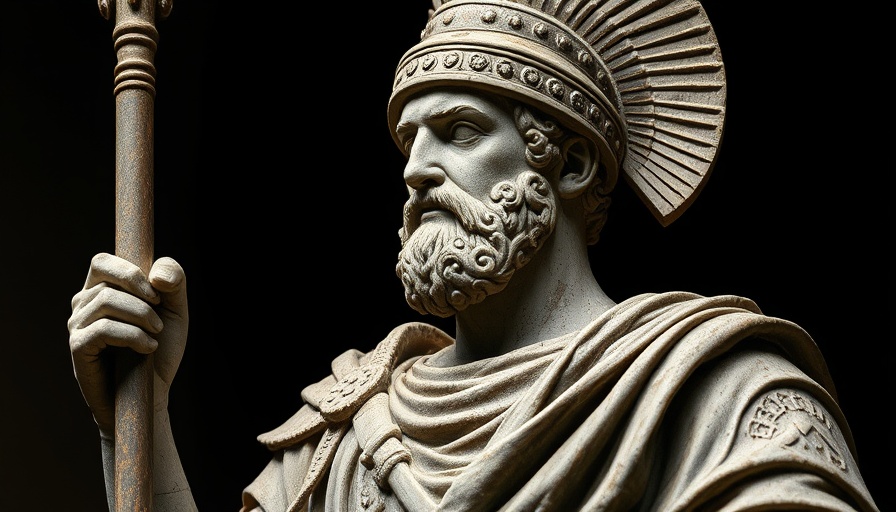
Understanding the Origin of Martial Arts Terminology
The word "martial" has its roots in the Latin term "Mārtiālis," directly tying it to Mars, the Roman god of war. This historical connection underscores the focus on combat and military strength which initially defined the domain of martial arts. While traditional definitions emphasize concepts related to warfare—the discipline, strategy, and combat skills—the application has gradually evolved. Today, the essence of martial arts, particularly Karate, encompasses self-defense, personal growth, and ethical training.
The Evolution: From Battlefield to Dojo
Martial arts systems, such as Karate, were never solely about military training. Rather, they were crafted for civilian protection, showcasing discipline and control. This shift highlights a core value of martial arts that is often lost in translation. Rather than training warriors for the battlefield, Karate empowers individuals for self-defense in everyday life, fostering skills that reflect both practical techniques and personal integrity.
Karate: More Than Just a Martial Art
Karate's focus is on personal development rather than battlefield tactics. What differentiates it from other martial arts forms is its emphasis on character growth and readiness for real-life confrontations. The techniques are not limited to physical defense but are also about mental discipline and strategic thinking. As practitioners train, they learn to apply Karate principles to various scenarios, reinforcing adaptability and responsiveness in uncertain situations.
From Okinawa to Global Reach
The roots of Karate lie in Okinawan self-defense techniques known as "Te," originally developed to protect civilians during social unrest. Over centuries, these methods were enhanced by influences from Chinese martial arts, leading to a rich blend of practical techniques and philosophical teachings. This transformation allowed Karate to evolve into a versatile practice, making it relevant in today’s fast-paced society. Instead of strictly adherence to traditional methods, modern Karate instructors have adapted teachings to enhance practicality, ensuring relevance for today’s challenges.
Empowerment Through Knowledge: Why Martial Arts Matter
Understanding martial arts can be a pathway to empowerment. As practitioners engage in Karate, they not only gain skills for self-defense but also imbibe the core philosophies that enhance self-esteem and mental resilience. Real-world applications of Karate training prepare students for challenges outside the dojo, building confidence that translates to various aspects of life.
FAQs: Common Questions About Karate
Q: Is Karate effective for self-defense?
A: Yes! Karate techniques are designed for real-life encounters, emphasizing effective self-defense tactics.
Q: Do I need prior martial arts experience to start Karate?
A: No! Karate is accessible to beginners. Instructors typically accommodate all skill levels.
Q: What age is appropriate to begin training in Karate?
A: Karate is suitable for all ages. Many dojos offer specialized programs for children and adults alike.
Conclusion: The Enduring Relevance of Martial Arts
Ultimately, the legacy of martial arts—especially Karate—extends far beyond ancient battlefields. It has adapted to meet contemporary needs, offering valuable skills in personal defense and self-growth. As individuals engage with martial arts, they open doors to philosophies that foster safety, confidence, and mental fortitude. Those interested in practical karate training or looking to enhance their lives through martial arts in Gurnee IL should consider local classes focused on realistic techniques and personal empowerment.
Ready to embark on your martial arts journey? Explore local Karate classes in Gurnee that focus on practical applications and personal growth tailored for adults!
 Add Row
Add Row  Add
Add 




Write A Comment